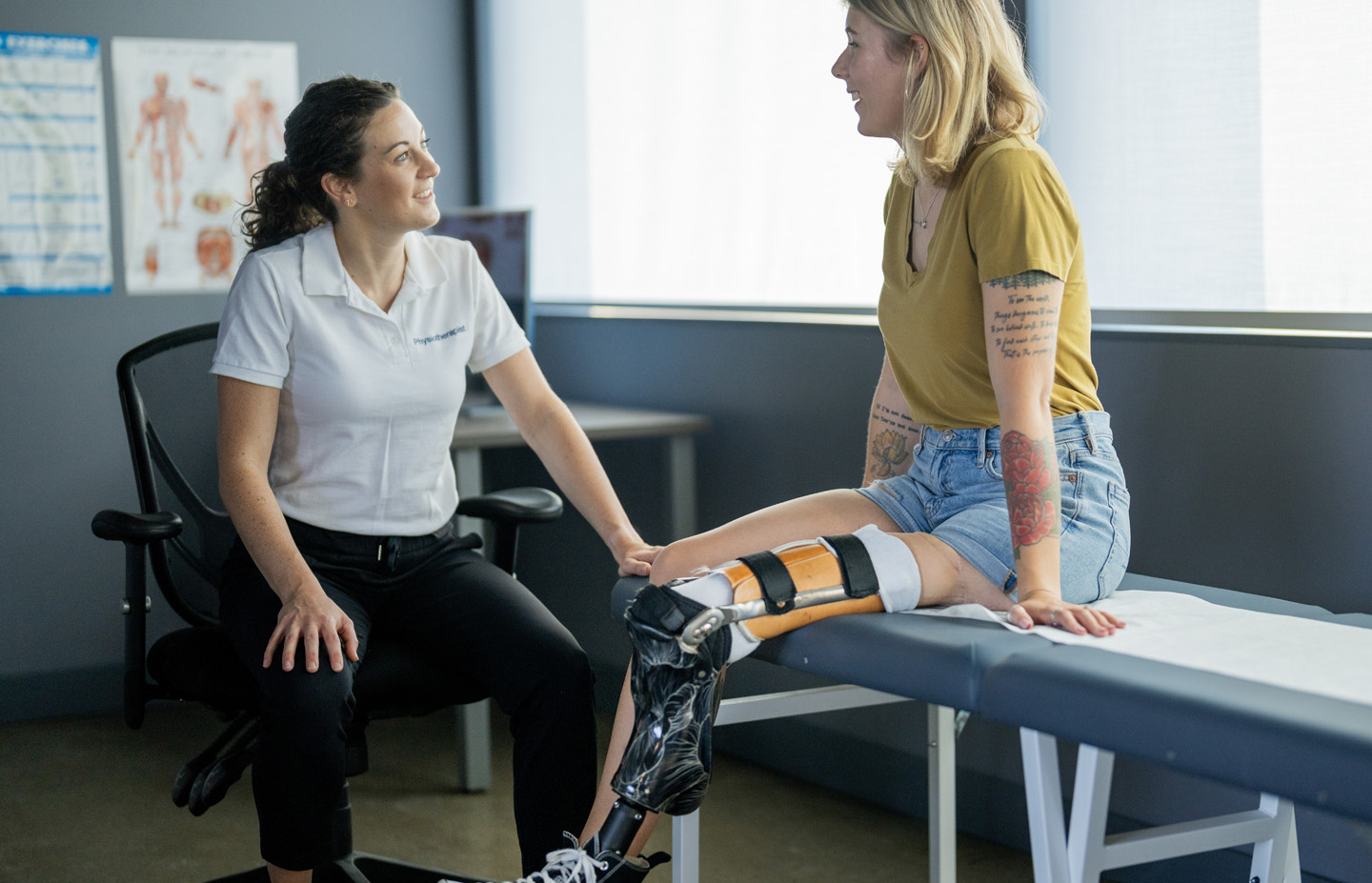How to Speed Up O&P Reimbursements: Proven Tactics for High-Value Claims

For many O&P clinics, the biggest frustration isn’t internal admin; it’s waiting weeks or months for high-value claims to be approved and paid. Slow reimbursements tie up revenue, disrupt cash flow, and create stress for owners and staff.
With over 10,000 claims processed annually, Flywheel knows that faster payments come from mastering details, understanding carrier rules, and building the right process from the start. This guide shows how to turn reimbursement delays into predictable, timely payments – without sacrificing compliance or care.
Why High-Value O&P Claims Get Delayed
Even the most experienced O&P clinics can run into frustrating delays or denials on large claims, especially for high-dollar prosthetic devices.
Common Causes of Denials & Delays:
Lack of attention to detail in claim submissions
Small oversights, like a missing modifier or incomplete documentation, can trigger costly delays. With high-value claims, payors often look for any reason to delay or deny payment.
Relying solely on carrier-provided information without verification
Payer representatives don’t always have the full or most current policy details. Relying on their word alone can lead to claims being coded or submitted incorrectly, making it essential to double-check with experts who know the rules inside and out..
Resistance to updating processes
What worked five years ago may not work today. Carrier requirements, policies, and documentation standards evolve constantly, and clinics that don’t adapt fall behind. In fact, payors are increasingly using sophisticated data and AI tools to analyze claims and reduce their own exposure.
Insufficient understanding of medical policy, coding rules, and code relationships
High-value O&P claims require a deep grasp of how codes work together and how each carrier defines “medical necessity.” This starts with accurate verification and detailed knowledge of carrier restrictions before you even submit the claim.
Information falling through the cracks between staff and carriers
Handoffs between clinicians, billers, and insurers are a weak point - letting information slip through the cracks, delaying claims, and weakening medical necessity documentation.
“Paint a picture - remember that you’re talking to real people.” - Autumn Pole, Principal Medical Biller
Detailed, well-structured notes make it easier to justify medical necessity, connect your coding choices to the patient’s needs, and respond effectively if the claim is questioned.
Mastering Payer-Specific Knowledge for Faster Approvals
O&P claims require more than accurate coding; they demand an exact match to each payer’s medical policies and billing rules. These requirements can vary not only between insurers but also between state plans or sub-groups under the same carrier.
Why This Matters: A claim that meets one plan’s standards could be denied by another due to small but critical policy differences, especially for high-dollar prosthetics, where scrutiny is higher.
Flywheel’s Approach:
- Policy Deep Dives: We maintain a database of the latest guidance, with staff trained to track policy changes at every step of the RCM for each payor. Our experts review carrier policies, billing instructions, and updates before submission.
- State & Group Nuances: We track variations between parent plans and sub-plans - for example, how requirements can differ by state or employer group - to ensure compliance.
- Appeal-Ready from the Start: We know certain L-code and payor combinations are likely to be denied, so we prepare documentation (especially practitioner notes) to meet appeal standards upfront and proactively gather the paperwork payors will require.
Setting Claims Up for Success: Pre-Submission Audits and Front-end Accuracy
Getting claims right from the start saves weeks in reimbursement cycles. Accuracy and attention to detail, both internally between clinicians and billers, and externally with insurers, are critical to reducing delays and denials. It’s not uncommon for clinics to see 20% to 25% reduction in average days to payment within the first several months working with Flywheel.

“You can bill for anything, but that doesn’t mean you’ll be reimbursed.” - Autumn Pole, Principal Medical Biller
Key Steps for Proactive Claims Review:
- Pre-Submission Audits: Check medical necessity, coding accuracy, and authorization before sending the claim.
- Ask the Right Questions: Ensure every piece of information is complete and verified; missing details can trigger denials.
- Front-End Verification: Proper verification sets the tone for the entire claim process.
The benefits of proactive claims review and front-end accuracy are clear: faster approvals with fewer denials, documentation that supports appeals when needed, and improved cash flow by preventing delays further down the line.
How Flywheel Can Help Your O&P Clinic
Flywheel helps you get paid faster by tightening processes, reducing denials, and keeping your team focused on patients.
- Process Review: Improve how you document and submit claims.
- Hands-On Support: Let us handle the heavy legwork for your team.
- Ongoing Guidance: Stay current on payer policies and industry changes.
Schedule a consultation with Flywheel to learn about how our expert team can optimize your claims process.


